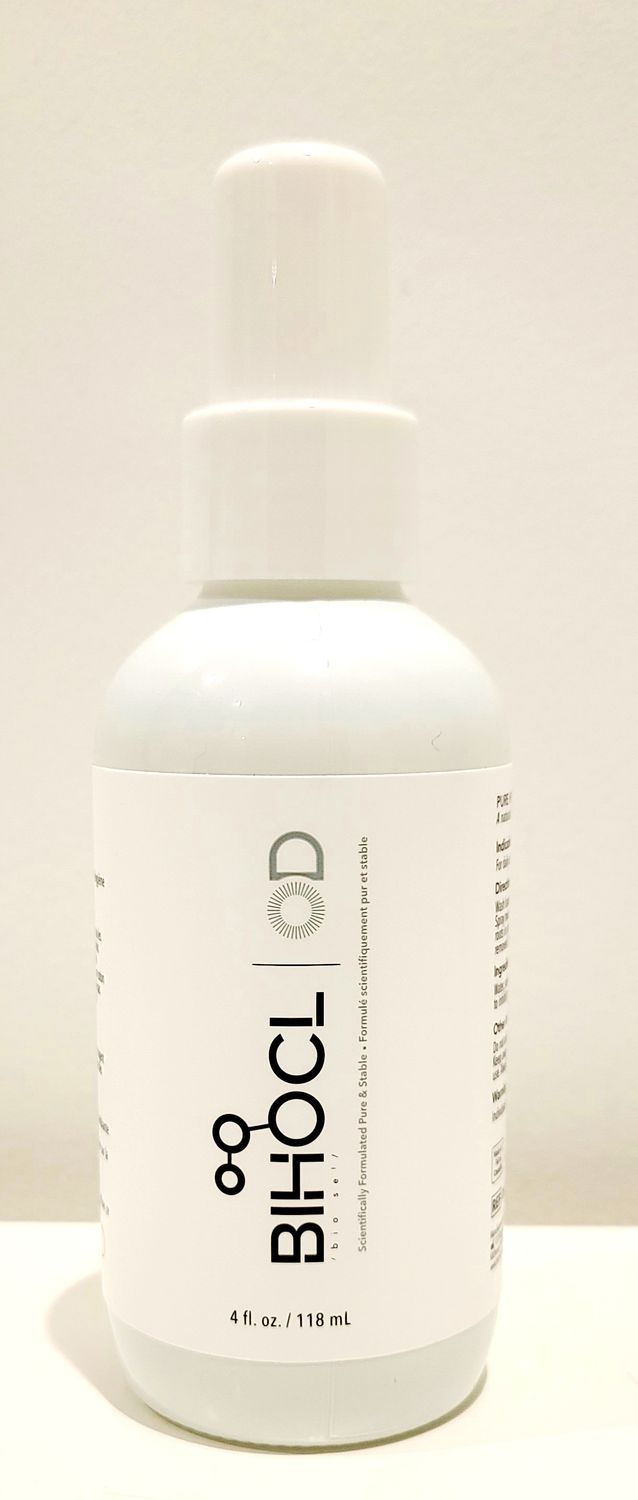

Sunglasses
WHY ARE SUNGLASSES IMPORTANT?
Many people are cheered by a bright, sunny day, but the effect of all that sunlight on the eyes is a less sunny proposition. UV and glare can create a variety of issues, from dangerous “snow blindness” to irreversible disorders that threaten your eyesight.
WHAT ARE UV RAYS?
UV stands for ultraviolet, a band of spectrum invisible to the eye. Ultraviolet light consists of UVA, UVB, and UVC rays. UVC rays are stopped in Earth’s atmosphere before they reach the eye, but UVA and UVB can both reach the eye and potentially damage it.
HOW DOES UV AFFECT UNPROTECTED EYES?
UV rays can cause proteins inside the lens to become opaque or cloudy, a condition known as cataracts. Cataracts can interfere with night vision, reduce your ability to see colors, and make reading difficult; they cannot be reversed, only removed. UV exposure can also cause retinal damage, changes in the eye tissues, and a temporary but irritating “sunburn” of the cornea called photokeratitis.
HOW DO I KNOW MY GLASSES WILL PROTECT MY EYES?
Choose glasses that claim to block at least 99 percent of UV rays — UVA as well as UVB. Look for label reading “UV 400,” since this designation means that the glasses block UV rays as small as 400 nanometers, providing 100 percent eye protection. Of course you need to protect your eyes from the glare caused by the visible spectrum as well. To accomplish this, select products that block 75 to 90 percent of visible light.
WHAT ARE POLARIZED LENSES?
Polarized lenses are specially designed to filter out certain types of glare that tend to radiate upward from horizontal surfaces when sunlight bounces off of these surfaces. They are recommended for tasks such as boating, fishing, skiing, golfing, jogging, and driving. Most polarized lenses will bear a label identifying them as such.
WHAT ADDITIONAL TYPES OF PROTECTION SHOULD I CONSIDER?
If you worry about light, including harmful UV, leaking in through the sides or top of your sunglasses, wear a broad-brimmed hat to reduce some of this exposure. If you use prescription eyewear to correct your eyesight, you may also want to think about getting a pair of UV-blocking contact lenses in your prescription. These lenses may be worn alongside a non-prescription pair of sunglasses for optimum eye protection.
BIHOCL O.D. Spray
BIHOCL O.D. SPRAY
BIHOCL O.D. is a safe and powerfully effective antimicrobial solution for specialized eye care and daily ocular health. It’s an effective complement to existing treatment protocols for dry eye disease, blepharitis, MGD, and similar conditions, and can be used daily to set the foundation or optimal daily eye hygiene.- Removes bacteria from eyelids and lashes, reduces inflammation in the eyes, and helps to restore overall comfort
- Scientifically formulated for daily use as well as specialized treatment
- Made in Canada
- A no-rinse, non-toxic, non-irritating solution
- Free from bleach, alcohol, chemicals, parabens, phthalates or any other impurity
- PH balanced for the eyes and surrounding areas
- Quick and easy application with convenient on-the-go formats
- 100% pure and stable hypochlorous acid (HOCl) at 0.02%
Format: 4 fl. oz.
Have questions about sunglasses?
Let us know how we can help.

